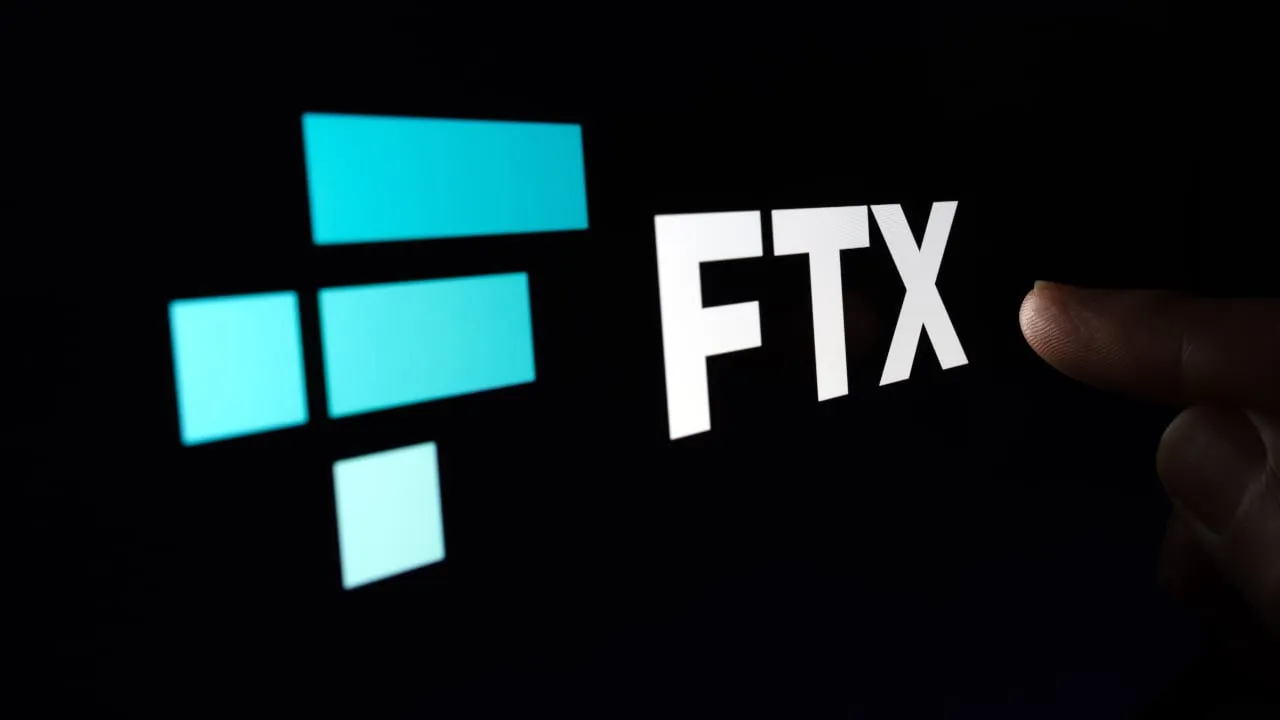The Bahamas has passed a new crypto law which aims to adapt to how the industry has changed since 2020, following the collapse of Sam Bankman-Fried’s FTX and the failure of Do Kwon’s Terraform Labs.
The Digital Assets and Registered Exchanges Act 2024 (known as DARE 2024) most notably introduces new rules for businesses providing custody of digital assets. These regulations appear to address mistakes made with FTX, which was headquartered in the island country.
This includes requirements to maintain “appropriate procedures” that keep digital assets “separate and insulated” from the business’s estate as well as segregating holdings from “other non-client digital assets.”
The collapse of FTX was partially the result of commingled customer and corporate funds, which made it impossible for customers to withdraw their assets following a run on the exchange. Prosecutors in the trial against Bankman-Fried, who’s since been convicted of fraud and sentenced to 25 years in prison, alleged that the intentional commingling of assets enabled sister trading firm Alameda Research to use FTX customer funds for its trading activities. FTX co-founder Gary Wang testified at trial that Alameda Research could withdraw “unlimited funds” from FTX.
DARE 2024 also introduces a “disclosure regime” which requires staking services to provide key information about the staking process, including how the asset is being staked, the rewards to be expected, and any potential penalties the client may face.
Staking involves crypto network participants pledging their tokens to the network for a certain length of time to help validate transactions and secure the network. In exchange, users receive yield—rewards in the native token. Some centralized exchanges offer staking as a service for cryptocurrencies they hold for clients.
The bill also implements a comprehensive stablecoin framework, which seeks to define stablecoins and regulate reserve assets. This includes requiring stablecoin providers to report their reserve assets and prohibiting algorithmic stablecoins.
This is likely due to the demise of Terraform Lab’s chaotic algorithmic stablecoin UST, which lost its peg from the U.S. dollar in 2022. In just a few days, UST slipped to $0.65 then quickly plummeted as low as $0.30, wiping $11 billion from UST’s market capitalization and bringing Terraform Lab’s LUNA token down with it. Prior to its collapse, Terra’s LUNA was at one point the fourth largest cryptocurrency in the world, with a market cap over $40 billion.
The collapse of Terra wrought a years-long contagion across the crypto industry, causing startups with exposure to the company to go bankrupt. And this then caught the eyes of regulators. U.S. Treasury Secretary Janet Yellen cited UST’s collapse as yet another reason that stablecoins need to be regulated.
The Bahamas has introduced a number of other provisions in DARE 2024, including expanding the definition of “digital asset activities” to include staking services and standards that address conflicts of interest with third-party relations. This move comes as The Bahamas aims to become the leader of digital asset regulation, per a press release issued by the country’s Securities Commission.





